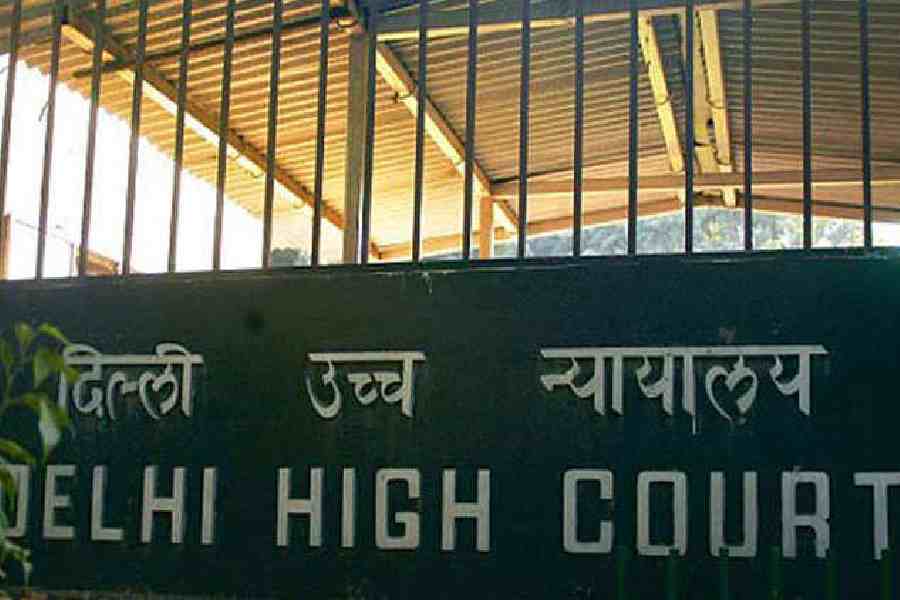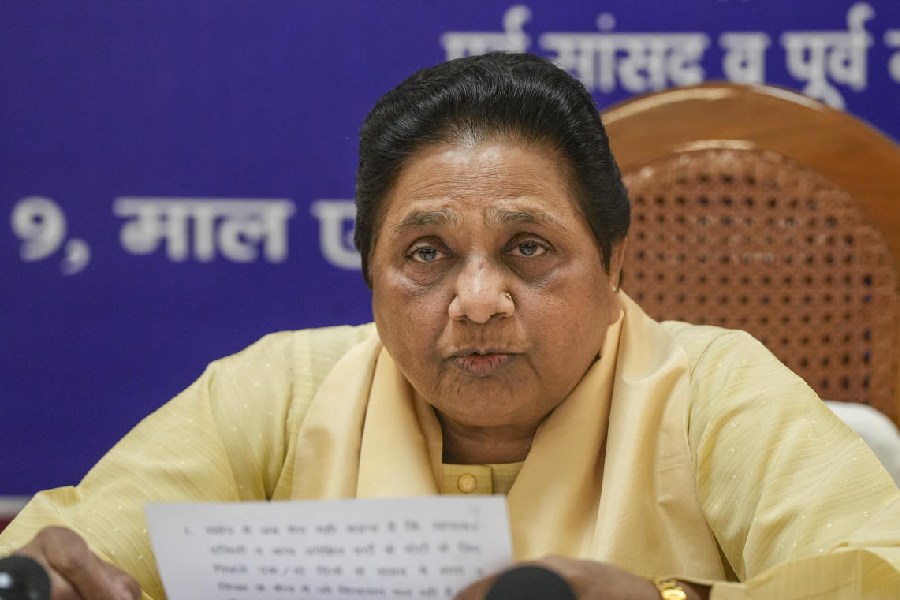The Delhi High Court has set aside the Bar Council of India (BCI)'s refusal to accept a request by a citizen of South Korea to enrol himself as an advocate in the country and directed the apex bar body to process his application as per law.
Justice Yashwant Varma observed that the petitioner, Daeyoung Jung, held a law degree from the National Academy of Legal Studies and Research (NALSAR) in Hyderabad, which was duly recognised under the Advocates Act and entitled him to seek enrolment.
"BCI clearly appears to have lost sight of the fact that Jung was not a 'foreign lawyer' claiming a right to establish his own legal practice in India. In fact, and to the contrary, the petitioner is a foreign national who holds a degree in law which is duly recognised under the Act and thus entitling him to seek enrolment," said the court.
"The instant writ petition is allowed. The impugned order dated 23 July 2020 is quashed and set aside. The BCI is directed to process the petitioner's application for enrolment forthwith in accordance with law," the court directed in a recent order.
In its order, the court stated as per the legal framework under the Advocates Act, a national of any other country may also be admitted as an advocate and the right of enrolment of such a foreign national was subject only to the condition that duly qualified Indian citizens were also permitted to practise law in that other country.
"As long as the right of the citizens of India who hold the requisite qualification to practice law in a foreign nation is preserved and no discriminatory measures adopted in the foreign nation, the nationals of the said country would clearly be entitled to seek enrolment in terms of the proviso to Section 24(1)(a). This, subject of course, to they being otherwise qualified to be enrolled," the court said.
The court observed that in the present case, the BCI appeared to have harboured apprehensions that the petitioner's application for enrolment was a precursor to a deluge of foreign lawyers entering India but it "clearly appears to have lost sight of the fact that Jung was not a 'foreign lawyer' claiming a right to establish his own legal practice in India".
It stated that the petitioner held a valid degree granted by NALSAR and it is on that basis alone that he sought to press his application for enrolment, and any query about his application for grant of Indian citizenship was wholly immaterial and uncalled for.
The court also noted the BCI recently published the rules for registration and regulation of foreign lawyers and law firms in India called the Bar Council of India Rules for Registration and Regulation of Foreign Lawyers or Foreign Law Firms of India, 2022.
In March this year, the BCI had taken a significant decision to permit foreign lawyers and law firms to practise in areas such as foreign law, international legal issues and arbitration matters, after dropping its long-standing opposition. The bar body had said the legal fraternity here may be left behind if it sleeps over the matter.
Except for the headline, this story has not been edited by The Telegraph Online staff and has been published from a syndicated feed.










